The total meltdown of the Sri Lankan economy in recent months should be a salutary lesson to other nations that the combination of political nepotism and personal enrichment, growth-destroying agricultural policies, and massive foreign indebtedness, is a recipe for national disaster. It should also serve as a warning to others that the promised honeypot of Chinese funding carries significant risks to national sovereignty.
It had seemed that Sri Lanka was finally getting back on its feet a decade after the 26-year civil war in which 60,000 to 100,000 people were killed when Covid-19 decimated the tourism industry – a source of some 12 to 15 per cent of national income – and a ban on chemical fertilizers, since lifted, resulted in massive crop losses. The island nation found itself unable to repay its immense debts as it threatened default on billion-dollar loans. While the virus and the insane agricultural policies were significant factors in the nation’s economic demise, the foreign indebtedness, largely to international financial markets, the Asian Development Bank, Japan, and China, was the underlying reason for the economic meltdown.
Chinese direct investment in Sri Lanka has grown exponentially this century, rising from an estimated $US20 million in 2005 to $US1.5 billion in 2018. The value of Chinese development finance has also risen, from less than $US half a billion in 2006 to more than $US12 billion in 2019. This rise in Chinese foreign investment paralleled the ascendency of the Rajapaksa brothers, Gotabaya and Mahinda, as the populist leaders of the country. Hailing from Hambantota in the south, Mahinda was the prime minister in 2004 to 2005 before riding a wave of popularity as president from 2005 to 2015. Mahinda was unexpectedly defeated in 2015 by his health minister Maithripala Sirisena who served for a term before being defeated by Mahinda’s brother, Gotabayu, who in turn appointed Mahinda prime minister! For 14 of the 18 years between 2004 and 2022, one of the brothers was either president or prime minister of the nation of 22 million people.
The Rajapaksas cultivated connections with the Chinese communist regime. The defeat of the Tamils was largely a consequence of the supply of Chinese weapons and arms in the last years of the civil war. Mahinda nurtured the strongman image which appealed to Singalese nationalists.
For the decade after the internal conflict, the Rajapaksas courted Chinese investment in the nation, which the Chinese Communist party (CCP) was only too willing to supply. Having ensured the victory of the Sri Lankan government over the Tamils, the CCP was ready to exploit the country’s national government. It was mutually beneficial: China supplied investment and procured control; the Rajapaksas expanded their influence, political power and personal wealth.
The most prominent focus of this was the development of a new international seaport at Hambantota in the heart of the region represented by the brothers.
The venture was not without international support. A Canadian study had suggested it many years earlier and international finance had been sought, but the development had always remained doubtful. It was not an automatic selection for a new seaport because it was more than 100 miles from the very successful port at Colombo and it was located on a part of the coast subject to significant ocean swells, with a narrow entry channel. These factors alone suggest that the choice was less than optimal.
It is beyond question that the Chinese regime fully understood the limitations of the new port, but it was prepared to invest millions in building it.
The Delhi think tank, Red Lantern Analytica, claimed recently that China had ‘employed its devious “Debt Trap Diplomacy” to gain a strategic edge over the nation and hold its economy hostage’.
Whether it was an example of premeditated debt diplomacy is immaterial. The CCP does not distinguish between different sectors of the polity, and therefore, it does not have to have an exact objective for any enterprise or venture as they all serve the CCP’s purposes when required. A debt will be exploited when it serves the interest of the CCP. When Sri Lanka failed to meet its loan repayments for the $US 1.1 billion port development in 2017, it was forced to sign over the port, including thousands of hectares of land, to China under a 99-year lease. China already owned 43 per cent of the Colombo Port City development under another 99-year lease.
Having secured its objective, namely an Indian Ocean port and an indebted nation, China was uninterested in the future of Sri Lanka when it was about to default on its international loans.
The Sri Lankan President seemed genuinely perplexed: ‘China is no longer attentive to South Asian countries in financial trouble as before’, he said. But China is unlikely to offer any concessions to Sri Lanka. To do so would be to invite similar requests from other nations.
Sri Lanka will have to rely on international institutions to rescue it from its worst economic crisis in seven decades. The new Prime Minister Ranil Wickremesinghe told parliament that this year the nation will need about $US3.3 billion for fuel imports, $US900 million for food, $US250 million for cooking gas and $US560 million for fertilisers. The central bank has estimated the economy will contract this year by 3.5 per cent.
Sri Lanka’s crisis has been brewing for more than a decade, fed by the populist politics of the Rajapaksas and their questionable decisions.
The Chinese regime has sought to distance itself from responsibility, blaming domestic issues, but without its complicity, the scale of the disaster was unlikely to have been this great.
It is not the only lesson for nations dealing with the CCP, which places its strategic interests at the forefront of every engagement, even if they appear benign.
The establishment of a base by the Peoples Liberation Army of China in Djibouti, on the Horn of Africa, is another case where a seemingly straight-forward commercial arrangement resulted in a CCP military establishment.
Got something to add? Join the discussion and comment below.
Get 10 issues for just $10
Subscribe to The Spectator Australia today for the next 10 magazine issues, plus full online access, for just $10.
You might disagree with half of it, but you’ll enjoy reading all of it. Try your first month for free, then just $2 a week for the remainder of your first year.

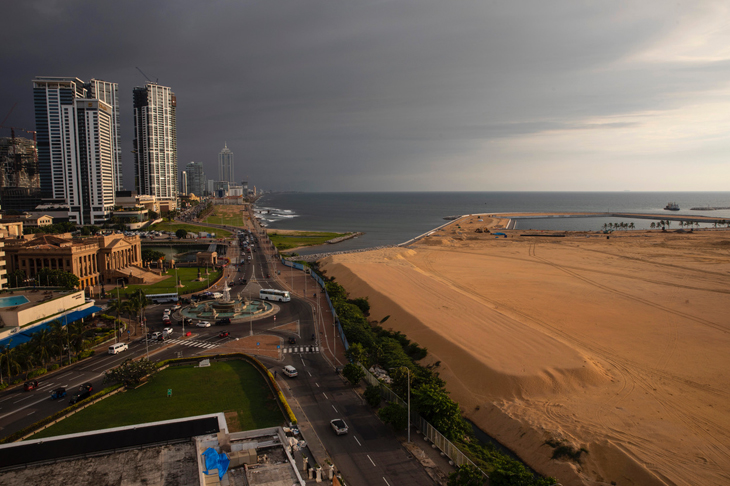
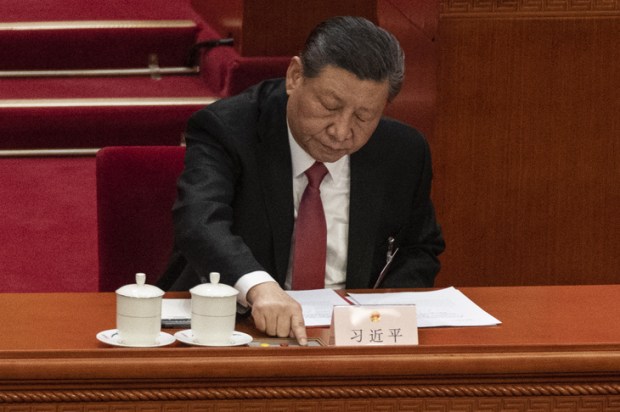
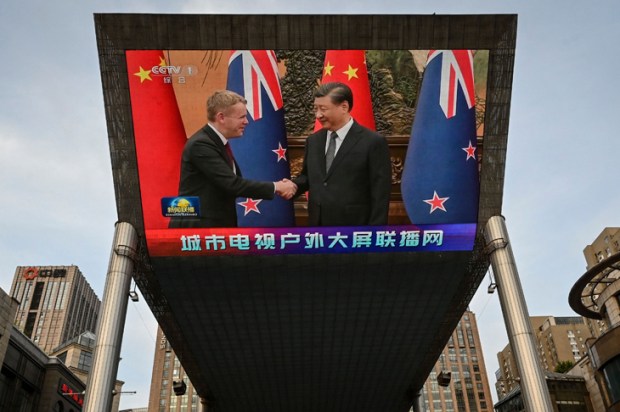
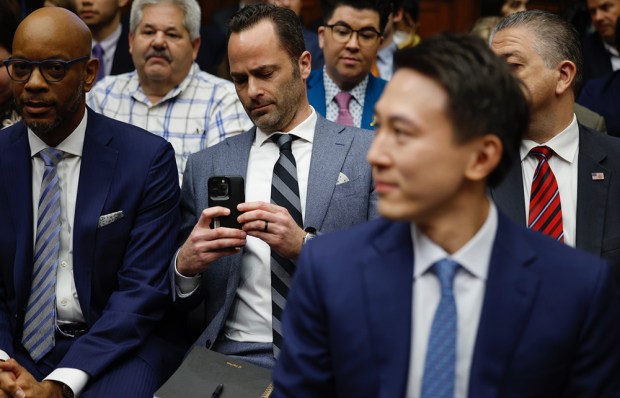
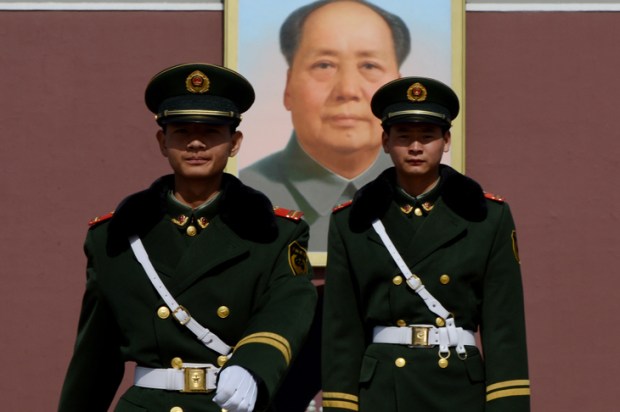
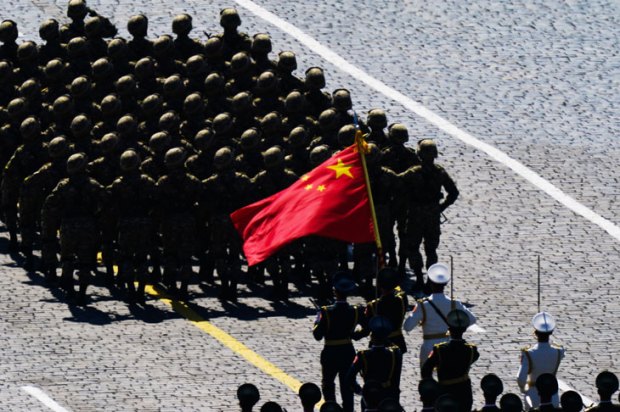
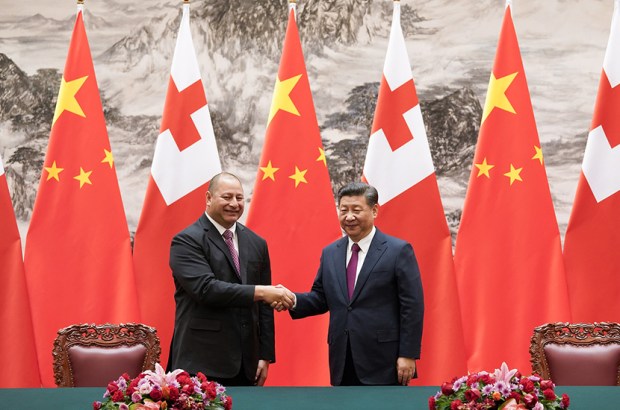






Comments
Don't miss out
Join the conversation with other Spectator Australia readers. Subscribe to leave a comment.
SUBSCRIBEAlready a subscriber? Log in